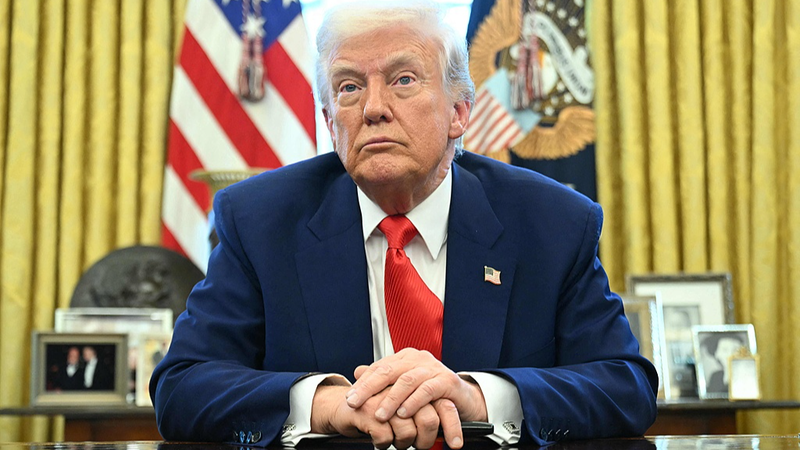US President Trump's tariff measures, introduced in 2018 to protect domestic industries, have sent shockwaves through global markets. By slapping duties up to 25% on steel and aluminum imports and up to 50% on certain goods, policymakers aimed to rebalance trade—but the fallout has been far-reaching.
A recent study by the Peterson Institute for International Economics found these tariffs trimmed US GDP by 0.3% in 2019, while global exports dipped 1.5%, according to the WTO. Stock markets reacted: the MSCI All Country Index slid 2.4% in the immediate aftermath, and market volatility spiked by 35%.
Business owners and tech startups felt the pinch as component costs rose. Smartphone prices climbed 5% year-on-year, and laptop costs jumped 8%, squeezing margins for entrepreneurs and fueling concerns among digital nomads balancing budgets abroad.
Major trading partners—including the European Union, Canada and the Chinese mainland—responded with retaliatory duties. The Chinese mainland imposed levies on $110 billion in US goods, impacting soy and automotive exports and escalating the tit-for-tat cycle.
Thought leaders have called for renewed talks at the WTO to modernize global trade rules. Sustainability experts also see an opportunity: reshoring manufacturing could cut supply-chain emissions by up to 10%, even if it raises production costs.
Looking ahead, many economists predict the next frontiers will be digital services and data flows, not just physical goods. As governments negotiate e-commerce chapters and data-protection standards, the landscape for entrepreneurs and travelers alike will continue to evolve.
With volatility likely to persist, keeping an eye on policy shifts and trade talks is crucial. Share your thoughts: how are tariffs influencing your business or journey today?
Reference(s):
cgtn.com




